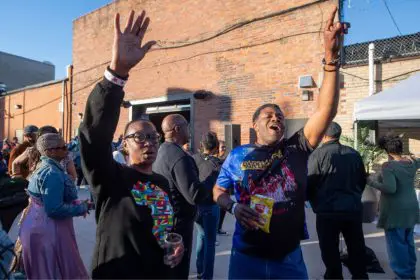 The last time Shelly Hilliard was seen alive, a cab driver dropped her off at her home where three men were said to have been waiting for her. She was found burned to death a few hours later.
The last time Shelly Hilliard was seen alive, a cab driver dropped her off at her home where three men were said to have been waiting for her. She was found burned to death a few hours later.
Police have filed murder charges against Qasim Raqib, a man previously arrested in a drug sting in which Hilliard had acted as an informant.
Hilliard, 19, a transgender woman born Henry Hilliard Jr., had been offered a way out of a marijuana possession charge just days earlier — she could help police set up a drug deal, in exchange for her possession charges being dropped.
With police listening, Hilliard phoned Qasim Raqib and told him she had someone who wanted to buy $335 worth of cocaine and marijuana. When Raqib arrived at the Motel 6 in Madison Heights, Mich., a few minutes later, police arrested him.
Raqib, 30, of Detroit, was released after the drug arrest and three days later, the mutilated body of Hilliard was found on fire in the street in an East Detroit neighborhood.
According to Hilliard’s mother, Lyniece Nelson, the day Shelly went missing, the cab driver received a phone call from Hilliard not long after he dropped her off.
“He started to hear her say, ‘What are you doing,’ then scream out ‘No,’ then her phone dropped, a few muffling noises, then the phone went dead. By the time he got back around the corner, there was no one in sight,” Nelson said.
Hilliard’s death is sadly similar to a Florida case in which Rachel Hoffman, 23, was murdered during a drug sting. Hoffman was also cooperating with police to avoid a minor marijuana possession charge.
On Jan. 6, Hoffman’s parents won a $2.3 million settlement from the city of Tallahassee. Her parents also won another victory — the Florida legislature passed a bill the Hoffmans lobbied for called “Rachel’s Law,” which mandates that police working with informants get special training, and that they cannot promise reduced sentences in exchange for cooperation.
These two young people facing minor charges for marijuana possession, in effect, received the death penalty for their crimes.
And the miserably failing War on Drugs rages on … —kathleen cross















